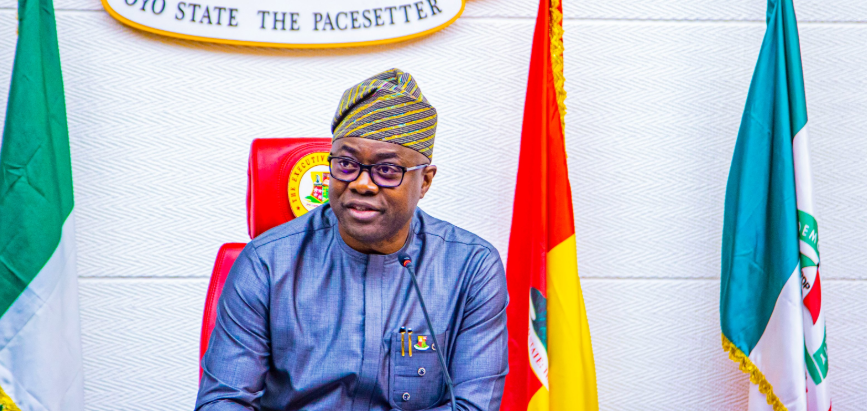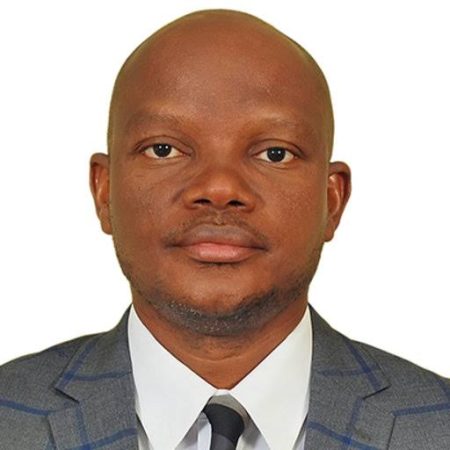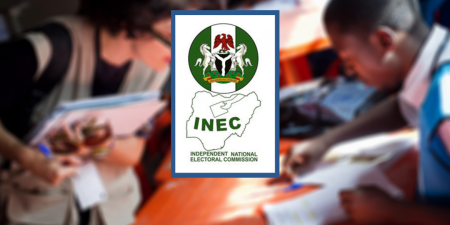The Oyo State Government’s Renewed Commitment to Combating HIV/AIDS
The Oyo State government, under the leadership of Governor Seyi Makinde, has reaffirmed its commitment to combating the HIV/AIDS epidemic within the state. This renewed focus is marked by a significant financial investment and the strategic appointment of influential figures as OYSACA (Oyo State Agency for the Control of AIDS) ambassadors. These measures aim to strengthen the agency’s capacity, raise public awareness, and ultimately reduce the prevalence of HIV/AIDS in Oyo State.
Governor Makinde approved the allocation of N45 million to OYSACA, a substantial investment demonstrating the administration’s dedication to tackling this public health challenge. This funding, coupled with the recent approval for the purchase of HIV test kits, will bolster OYSACA’s ability to provide essential services, including testing, prevention programs, and access to treatment and care. The governor, speaking through his deputy, Bayo Lawal, at the inauguration ceremony of the OYSACA ambassadors, highlighted the importance of these initiatives in achieving a future where HIV/AIDS no longer poses a significant threat.
The newly appointed OYSACA ambassadors comprise a diverse group of influential individuals, including Saka Balogun, Ayo Ladigbolu, Mutiat Ladoja, Rasaq Adeleke, Wale Saminu, and Shina Peller. These individuals, chosen for their reach and influence within various communities, will play a crucial role in amplifying the government’s message and promoting HIV/AIDS awareness throughout the state. Their mandate is to champion the cause, dispel misinformation, reduce stigma associated with the disease, and encourage individuals to seek testing and treatment.
The selection of these ambassadors signifies a strategic shift towards community engagement and leveraging the power of influential figures to reach a wider audience. The governor emphasized the vital role the ambassadors will play as advocates for change, voices for the voiceless, and beacons of hope for those affected by HIV/AIDS. By engaging with communities directly, the ambassadors can address specific needs, promote open dialogue, and foster a more inclusive environment for those living with the virus.
The chairman of OYSACA, Gbola Adetunji, expressed gratitude for the governor’s proactive approach and the significant financial commitment to the agency’s mission. He underscored the importance of these resources in reaching high-risk populations and delivering effective, life-saving services. The funding will enable OYSACA to expand its outreach programs, strengthen its testing capabilities, and ensure access to quality care for those living with HIV/AIDS.
The governor’s actions reflect a comprehensive strategy to address the multifaceted challenges posed by HIV/AIDS. By combining financial investment with community engagement through the appointment of ambassadors, the Oyo State government aims to create a more effective and sustainable response to the epidemic. The ultimate goal is to reduce the prevalence of HIV/AIDS, improve the lives of those living with the virus, and ultimately eliminate it as a public health threat.
This commitment to combatting HIV/AIDS aligns with the administration’s broader focus on improving public health and achieving sustainable development goals. Governor Makinde has consistently prioritized health as a key pillar of his administration’s agenda, recognizing its crucial role in the overall well-being and development of the state. The investment in OYSACA and the appointment of ambassadors demonstrate a proactive approach to addressing pressing public health concerns and ensuring a healthier future for the people of Oyo State.
Through collaborative efforts involving government agencies, community leaders, and influential figures, Oyo State aims to create an environment where individuals are empowered to make informed decisions about their health and where those living with HIV/AIDS are supported and embraced. This multi-pronged strategy recognizes the importance of community engagement, public awareness, access to testing and treatment, and reducing stigma to effectively combat the HIV/AIDS epidemic and create a healthier future for all citizens.














